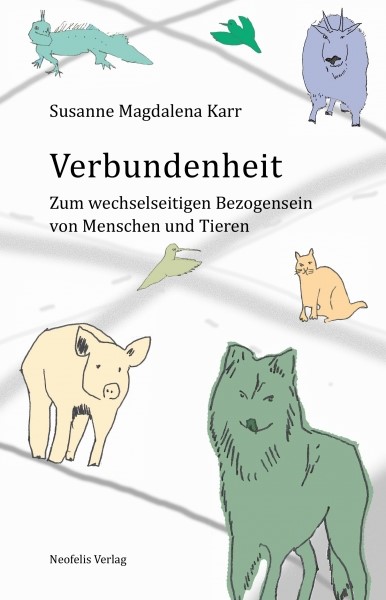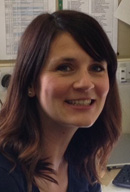In September Susanne Karr presented a seminar on ‘The impact of the Anthropocene on human health, and what to do about it.’ Here Jan Deckers writes about what Susanne presented.
Susanne Karr (https://www.susakarr.com/about) expressed her concern about the so-called “Anthropocene”, the era in which everything on earth is subjected to human exploitation and altered profoundly by it, justified on the basis of the premise that human beings are wholly exceptional beings in the animal kingdom. Rather than isolating ourselves from other beings, we should open our minds also to the exceptional capacities of others, where she provided the example of the arctic tern’s remarkable capacity to fly and navigate great distances, amongst others.
Drawing on the philosophies of Spinoza and Leibniz, she defined our essence in terms of our capacity to affect and to be affected by others, providing the example of children demonstrating ‘entangled empathy’ when they share in the joys of other animals, for example the energy displayed by birds.
In the age of the Anthropocene, our ability to experience these moments of joy in the lives of others and to be summoned to care for each other is in jeopardy as habitats and species are lost due to human exploitation, resulting in impoverished living environments. Her view of the earth is primarily that of the maker and destroyer, rather than of a resource to be exploited.
The image of the earth that is prevailing in the Anthropocene and the associated maltreatment of other living beings, however, is undermining human health as our isolation fosters loneliness and depression. Our culture, she thought, socialises us to question the natural state of empathy, curiosity, and creativity that would be possessed by children. It would be interesting to examine how this occurs, and to explore whether children possess important capacities of connection and empathy that are lost along the way into adulthood, which was just one issue that was brought up in the ensuing discussion.
Susanne focused in particular on the role that nonhuman animals might play in our ability to reconnect with the nonhuman world, referring to the work of the psychiatrist Ivan Dimitrijević who developed a number of animal-assisted therapies, showing that they can result in educational, motivational, and communicational benefits. It would be interesting to explore how these benefits are provided, whether they could be provided by other means, and what kinds of interactions are of importance here. An important question in relation to this, also touched on in the discussion, is whether these kinds of interactions depend on the human domestication of animals (where she referred to Paul Checkley’s self-reported psychiatric benefits associated with the adoption of hens who had been kept in batteries) or whether interactions with wild animals might fulfil a similar role and be preferable. In terms of the ongoing debate over rewilding [note: see also the work ‘Feral’ by George Monbiot in relation to this; or this review: http://www.diametros.iphils.uj.edu.pl/index.php/diametros/article/view/1211], she also referred to the work of Peter Wohlleben, a forester who has questioned normalised hierarchies and human domination.
Susanne’s talk ended with a plea for greater humility and the injunction to interfere as little as possible. Whilst there is little doubt that the former is an important virtue, the question to what extent human interference is justifiable remains difficult for me to resolve. I thank Susanne for a very stimulating talk that I hope will contribute to curriculum reform in the interest of promoting better human health.
The themes of her work are developed further in her book “Verbundenheit” (Connectedness), which was published in 2015 (https://www.neofelis-verlag.de/animal-studies/verbundenheit).


